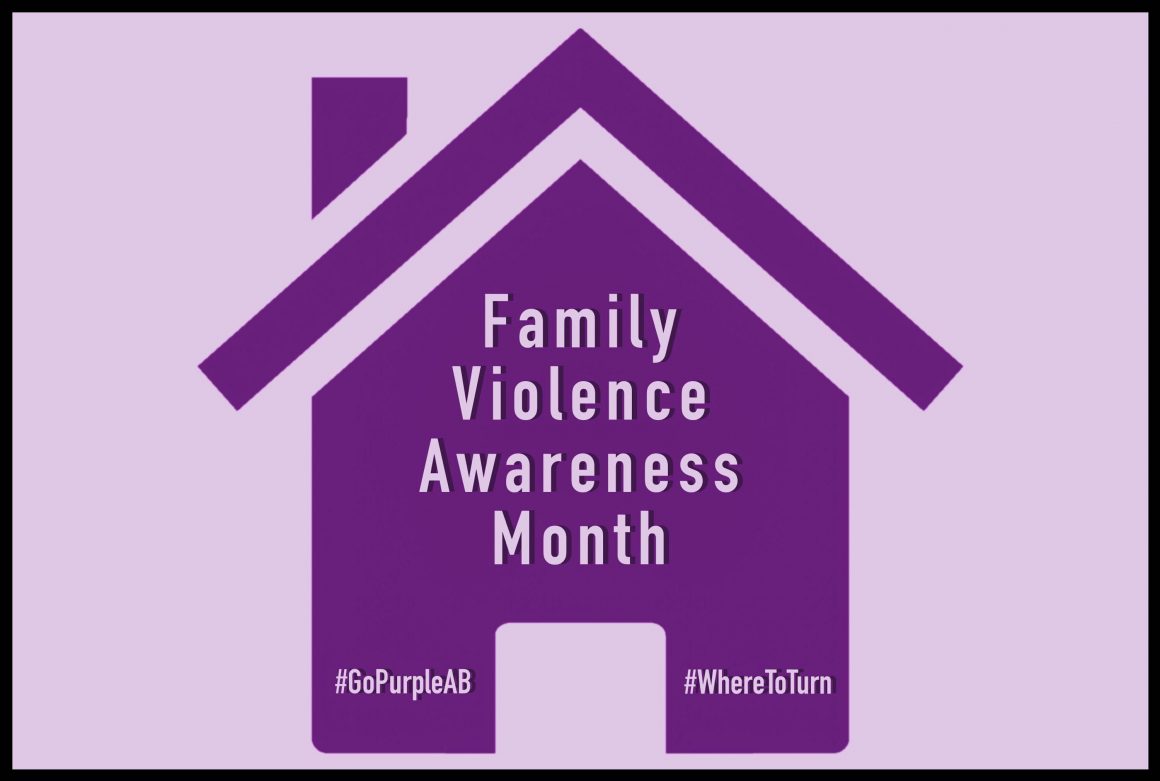
Family Violence Awareness Month: Bridging research and community support
By Eula Mengullo, November 15 2022—
November observes Family Violence Awareness Month. Across the province, awareness events are typically held to ensure populations can access the appropriate and necessary resources for support.
In an interview with the Gauntlet, Dr. Nicole Letourneau — a professor and researcher at the Faculty of Nursing and Cumming School of Medicine — discussed her research working with community organizations that deliver services to victims of violence.
“The big thing that I’ve been doing — one that is nearest and dearest to my heart — is trying to help families provide the best quality environment for their children possible,” said Letourneau, who also holds the Alberta Children’s Hospital Chair in Parent-Infant Mental Health.
She described how often perpetrators of violence come from backgrounds of abuse who may or may not know, nor have the skills, practice or experience to interact with individuals in healthy and non-violent ways.
“Children need parents who are sensitive and responsive, in a positive way,” Letourneau said.
The ATTACH parental education program, also co-created by Letourneau, is designed to help parents, so far mostly mothers, improve parent-child interaction quality to make them more sensitive and responsive to their children. One of their findings demonstrated that children whose parents were exposed to the program showed improvement in children’s gene expression, with downregulated inflammation in their bodies.
According to Letourneau, attachment is a significant factor for children as this can impact their mental health and behavioural development going forward. The quality of attachment a child has with their caregiver at one year of age with insecure versus secure attachment is predictive of better mental and physical health outcomes.
“And so the fact that our ATTACH intervention actually downregulates immune cell gene expression in the kids is demonstrating a mechanism that we are improving the quality of caregiving, improving the environment that the child grows in. And we’re seeing it in the physiologic changes in the child,” said Letourneau.
Additionally, as the director of Research and Education for Solutions to Violence (RESOLVE) Alberta and the scientific director of Alliance Against Violence and Adversity (AVA), one of Letourneau’s primary goals is to help community agencies make informed decisions so they can deliver services that are grounded in research to better serve vulnerable populations.
“I want to help [community outreach and organizations] evaluate what they do,” said Letourneau. “Determine what is working, determine what they might change to make it work better. I want to help organizations be innovative and use the best evidence to guide their service delivery. I want organizations to know [whether or not] what they do works so they can make informed decisions about it.
“If we can bring the organizations that have the clients that need the help and work together with the academics that have the skills to evaluate and help [them] be innovative and examine what they do in a rigorous way, and then publish and share those results widely so that other organizations can benefit from that knowledge,” she continued.
If students find themselves in vulnerable situations of violence, the Alberta Council Women’s Shelters (ACWS) website gives directions to a variety of resources across the province. Within the city, the Calgary Urban Project Society provides a whole range of social services and can point individuals to additional support. If students are experiencing distress, the Students Wellness Services on campus also provides mental and wellness services and can transition students to the appropriate resources off campus.
